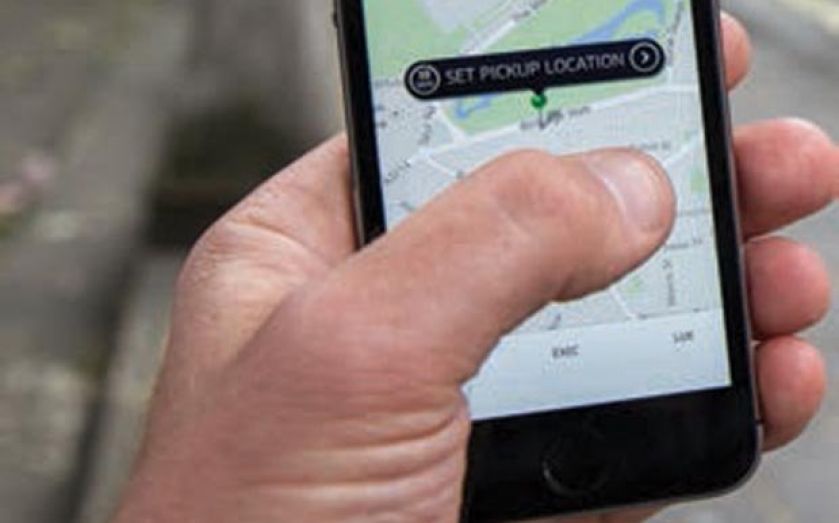Four ways Uber promises to improve passenger safety in 2015

Uber has pledged to improve safety for passengers across four key areas next year, following the arrest of one of its drivers in New Delhi for rape.
The taxi firm, which operates in 260 cities worldwide, has courted controversy over its screening of drivers in the past, with some critics claiming it puts passengers at risk. Earlier this month those fears were realised, and it was banned in the Indian capital as a result.
The journeys are already tracked by GPS, and users receive the driver's photo, licence plate number and vehicle type ahead of being picked up. The rating system is designed to hold riders and users to account, Uber says.
But from 2015 that is being beefed up. Here are the four ways Uber is pledging to improve its safety credentials:
1. Technology
Uber has a safety product team, which is currently developing biometrics and voice verification to build custom tools for enhanced driver screening. The company is also investing in ways to provide riders the instant ability to communicate with Uber directly, and any loved ones in the event of an emergency, building on top of its ShareMyETA feature.
2. Better background checks
Although Uber insists that it conducts thorough background checks in the US and “some” other countries, it admits they “vary significantly”.
“This is of deep concern to us,” its new head of global safety Phillip Cardenas said. Improvements could include polygraph tests and other ways to screen drivers globally “using scientific analysis and technology to find solutions”.
3. Improved service and support
Uber has hired a new head of global support – Tim Collins – from Amazon as part of improvements to this area, and safety incident response teams will be put in place around the world “with the goal of providing 24/7, immediate support in the event of a safety incident”.
4. More rigorous training
Uber plans to train its support teams in areas like women’s safety, conflict resolution, and road safety
Cardenas said: “We are reminded by the recent tragic event in India that best-in-class safety must be a constant quest. We owe it to all our riders, driver partners and communities around the world to examine what we can do better and then do everything we can to make more progress on safety.”
He added: “Of course, no background check can predict future behavior and no technology can yet fully prevent bad actions. But our responsibility is to leverage every smart tool at our disposal to set the highest standard in safety we can. We will not shy away from this task.”
Cardenas, who served in the US military and joins from Airbnb where he built a “first-of-its-kind” safety programme, said it was “a mission I am passionate about”.